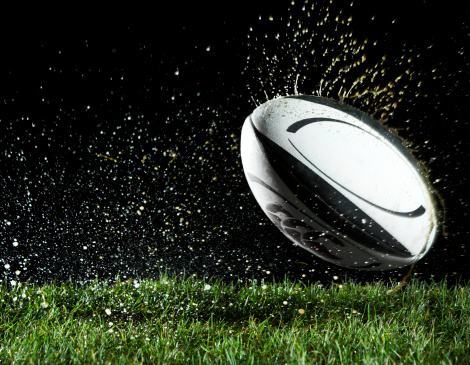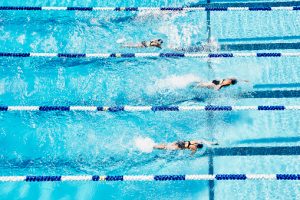
TOP executives at the International Rugby League (IRL) have ruled out the participation of transgender participants, for the time being, making it the latest sporting body to ban those who transition and sparking further outrage from transgender activists.
The IRL joins international swimming body, Fina (Fédération Internationale De Natation) in moving against the participation of transgender athletes.
On Sunday (19), Fina voted to exclude transgender women from the elite female competition if they have gone through any stage of male puberty – more or less banning anyone who transitions after the age of 12.
Increasingly, sporting organisations are being asked to balance their purported desire to be inclusive while denying some athletes the right to compete.
In November, the International Olympic Committee stated that no athlete should be barred from competition because of perceived unfair advantage and left decisions on transgender to respective sporting federations.
Advocates for transgender equality have criticised the decision of the IRL – saying it had become another body that had expressed prejudice.
Stonewall, the LGBT rights charity giant tweeted: “The current evidence base is far from conclusive, with studies ongoing. But knee-jerk blanket bans for a tiny group of athletes are disproportionate.
“Governing bodies must be able to set their own criteria. But the starting point should always be inclusion and participation.”

Mermaids UK, (an organisation that advocates for the rights of trans and non-binary people) have expressed their concern through their page: “FINA says this is about fairness, but in reality, it’s anything but. This ruling sends a cruel message to trans, non-binary and gender-diverse children and young people who just want to swim with their friends, telling them that there is something wrong with them and that they don’t belong.”
Schuyler Bailar, the 26-year-old Korean-American swimmer from Harvard University has blasted his thoughts through social media: “I think that this world is actively brainwashing people to believe that excluding trans people is going to protect non-trans people. But the reality is that these anti-trans laws are far more dangerous than they are protective of anything.

“This is not about preserving fairness, this is not about protecting women’s sports, this is about trying to exclude trans people. And it continues the policing of women’s bodies in sports [and] the degradation and othering of trans people.”
While swimming for the women’s squad in high school alongside future Olympic champion Katie Ledecky, Bailar established a national record.
He joined the Harvard men’s team, though, after coming to terms with the fact that he was transgender and starting hormone therapy, and four years later graduated as an outstanding swimmer at the first level of the National Collegiate Athletic Association (NCAA).
Bailar is the first openly transgender athlete to compete in America’s top college sports competition.
Last week, the International Cycling Union announced that its eligibility standards had been tightened.
The IRL said it will collaborate with the eight nations – Australia, New Zealand, Papua New Guinea, Cook Islands, England, France, Canada, and Brazil, competing in the women’s Rugby League World Cup in November, which will be hosted by England, to gather data for a transgender policy in 2023.

“The IRL will continue to work towards developing a set of criteria, based on best possible evidence, which fairly balances the individual’s right to play with the safety of all participants,” it added.
Meanwhile, Lord Sebastian Coe, president of World Athletics conveyed his acceptance of the ruling: “My responsibility is to protect the integrity of women’s sport. We take that very seriously and, if it means that we have to make adjustments to protocols going forward, we will. And I’ve always made it clear: if we ever get pushed into a corner to that point where we’re making a judgment about fairness or inclusion, I will always fall down on the side of fairness.”
Former Great Britain Olympic swimmer Sharron Davies MBE has welcomed the stance of IRL and Fina. Davies has strongly advocated against transsexual women participating in female competition. Also, she has expressed her support for the development of a new ‘transwomen inclusion policy’ for the future.

Nadine Dorries, the culture secretary, said: “It’s absolutely the right decision they’ve reached, and I am going to encourage other sports [to do the same].
FIFA, the governing body of soccer, said it is consulting on transgender participation. Other sports, such as rugby union, cycling, and Australian Rules football, have laws prohibiting transgender athletes from competing in elite women’s competitions.